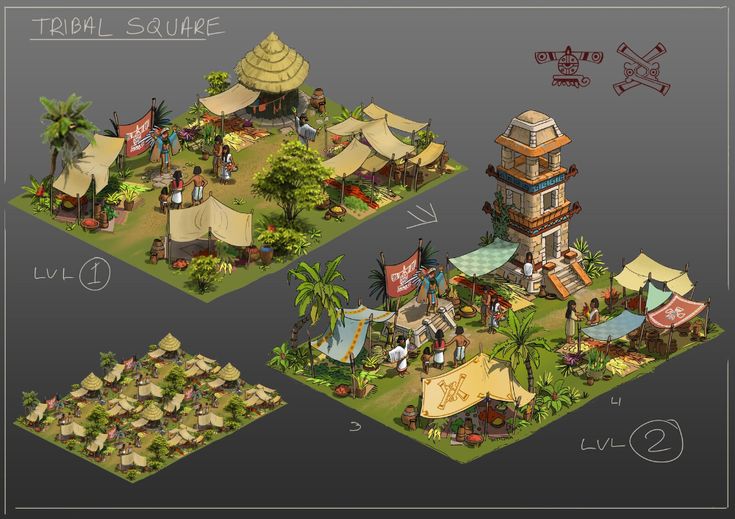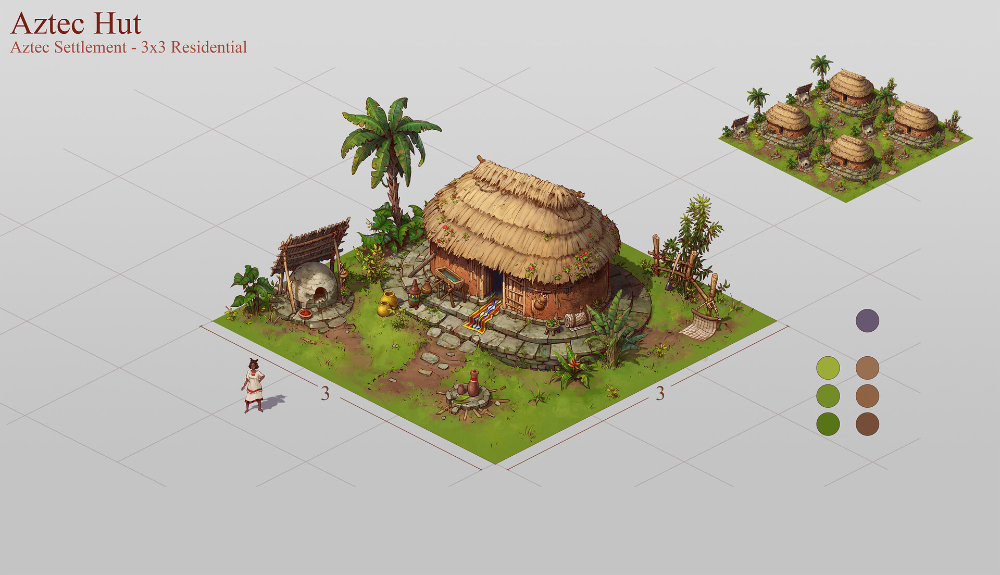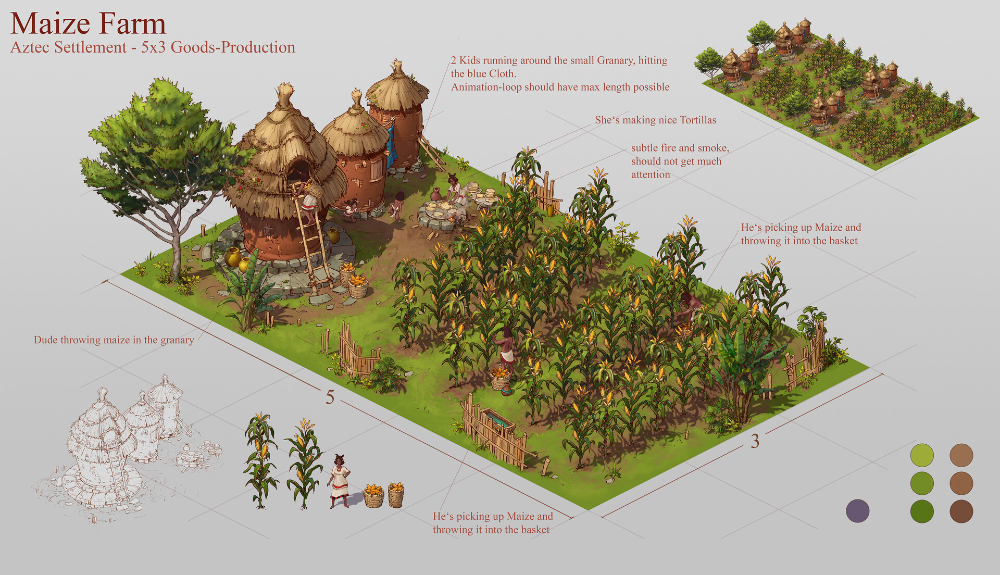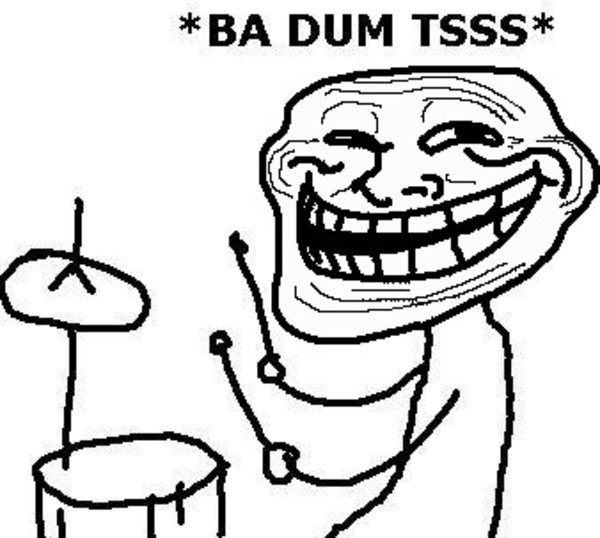-
Posts
25.684 -
Joined
-
Days Won
302
Everything posted by Lion.Kanzen
-
short
-
-
I put several references. I can think of masks, drums, Mayan ornaments like hats with feathers.... mats.
-
-
The Suebians*
-
I plan to design props and redesign the tower models.
-
You must try "save and restart"
-
.thumb.png.ce58cea22940c255f5b0a735d5abee36.png)
Civ: Germans (Cimbri, Suebians, Goths)
Lion.Kanzen replied to wowgetoffyourcellphone's topic in Delenda Est
@Lopess if you can be coordinated that with Kate would be fantastic, I don't know about those files specifically. -
.thumb.png.ce58cea22940c255f5b0a735d5abee36.png)
Civ: Germans (Cimbri, Suebians, Goths)
Lion.Kanzen replied to wowgetoffyourcellphone's topic in Delenda Est
@Yekaterina Do you want to help us with some templates? -
Thanks to Stan, but he doesn't announce the change.
-
Done
-
.thumb.png.ce58cea22940c255f5b0a735d5abee36.png)
Civ: Germans (Cimbri, Suebians, Goths)
Lion.Kanzen replied to wowgetoffyourcellphone's topic in Delenda Est
I can think of only one person to help us; Yekaterina. -
.thumb.png.ce58cea22940c255f5b0a735d5abee36.png)
Civ: Germans (Cimbri, Suebians, Goths)
Lion.Kanzen replied to wowgetoffyourcellphone's topic in Delenda Est
I saw a reference like that somewhere, it was a kind of Groove with an altar with the armor of its enemies around it. -
.thumb.png.ce58cea22940c255f5b0a735d5abee36.png)
Civ: Germans (Cimbri, Suebians, Goths)
Lion.Kanzen replied to wowgetoffyourcellphone's topic in Delenda Est
Great job! we may have versions for Terra Magna? -
.thumb.png.ce58cea22940c255f5b0a735d5abee36.png)
Poll and Feedback: Community Mod in A27
Lion.Kanzen replied to real_tabasco_sauce's topic in Gameplay Discussion
early updates, you mean? -
Speaking of effects, I would like visual effects like particle type and when pressing so see an icon on some effect on the building. I saw these particle effects in Delenda Est.
-
nno, just linking people who can help you.
-
Sounds interesting.
-
.thumb.png.ce58cea22940c255f5b0a735d5abee36.png)
facts' inclusivity feature list (suggestion #5)
Lion.Kanzen replied to 0facts's topic in General Discussion
-
.thumb.png.ce58cea22940c255f5b0a735d5abee36.png)
facts' inclusivity feature list (suggestion #5)
Lion.Kanzen replied to 0facts's topic in General Discussion
Is a "troll posting". nothing to be taken seriously. "0 facts". He looks like one of those Internet characters who make jokes. -
It's one of those commands you learn by mistake or accidentally pressing the wrong buttons.
-
Hasmoneans (Pre Herodian Judeans).The faction of the Maccabees that later became Hellenic.


.jpeg.188da48cb265a4f354e11ab5001167d1.jpeg)
.jpeg.6c85a782b9392b828330aa058a406208.jpeg)












